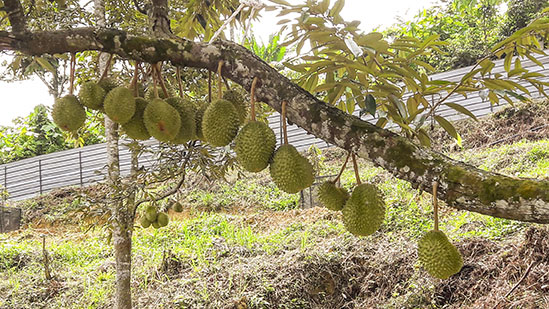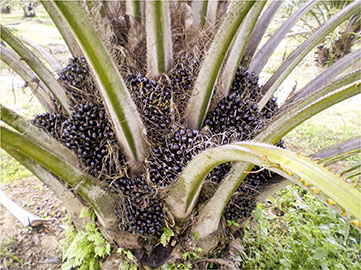

(1).jpg)
| DESCRIPTION | POTASSIUM SULFATE | POTASSIUM CHLORIDE |
| Plant absorption efficiency |
100% water soluble. 100% dissolve, absorbed and utilized. |
47% is chloride. 53% dissolve. |
| Effect on soil salt index | Salt content 46 ppm | Salt content 116 ppm |
| Impact on soil structure | With Sulfur, has the effect of covering and nourishing the soil, balances the soil into neutralization, and enhances the ability of soil to dissolve fertilizer. | There are chlorides and acidic ions will cause soil acidification and at the same time form compaction, which affects the soil's ability to defertilize. |
| Effect on the growth of soil microorganisms | Effectively help the growth of soil microorganisms. | High chloride content destroys the carbon in the soil and inhibits the growth of soil microorganisms. |
| Effect on soil phosphorus | Effectively dissolve the fixed phosphate fertilizer in the soil, allowing plants to absorb and reuse it. | There are chlorides and acid ions, which will fix and hardly dissolve the phosphate fertilizer in the soil. |
| Provide trace elements for soil and plants | Sulfur elements can produce more oil for plants, enhance plant disease resistance, make plants healthier and more yield. | Chloride cannot enhance the disease resistance of plants, but causes more plant diseases and less yield. |
| The taste and quality of Agricultural Products | The agricultural products have good taste and good quality, especially fruits, which are beautiful and delicious in appearance and original flavour. | Due to the absorption of chlorides, the agricultural products have poor taste, melons are not fragrant, the fruits are not sweet, and the vegetables are tasteless. |
| Benefits for fruit trees | The fruit quality is better and the yield is more. The oil content of palm oil fruits increases, and the weight increases. The durian is more flavourful, no half-ripe, and can sell for a better price. | Due to the absorption of chloride, the fruit quality is not ideal, and sometimes it will be half-ripe. Cannot increase the oil content and weight of oil palm. Unable to sell at a good price. |
| Impact on the environment and soil | Environmental protection, safety, does not damage the soil structure, and has the effect of covering and cultivating soil | Destroy soil and environment, cause soil compaction and affect ecology. |
| Usage comparison | 1:2 | 2:1 |
| Price comparison | RM3,000.0/ton x 1 = RM3,000.0/ton | RM1,500.0/ton x 2 = RMRM3,000.0/ton |